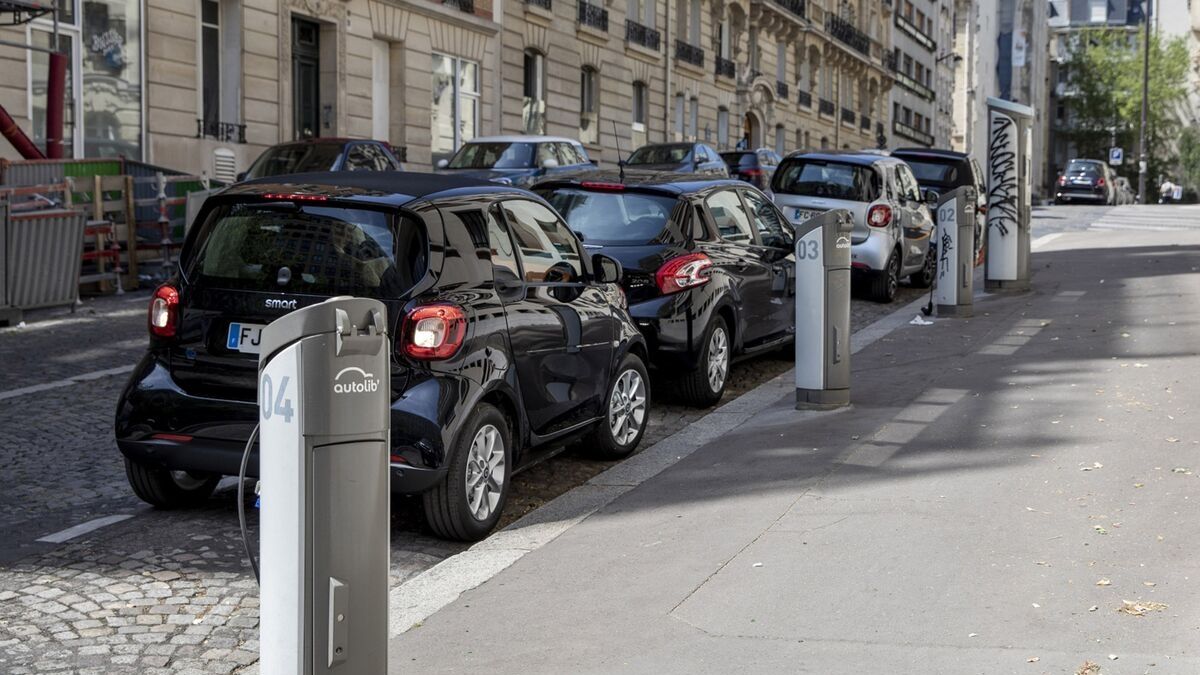
A recent survey sheds light on French consumers’ predictions about the future role of cars in their society. With over half of the respondents believing in the sustained importance of automobiles, the study paints a complex picture of future transportation preferences and environmental considerations.
Current Importance vs. Future Expectations
The survey, conducted in France, indicates a significant portion of the population, 54 percent, views cars as maintaining their current level of importance within the next five years. This perspective underscores the enduring value placed on personal vehicles in French society, despite growing environmental concerns and the emergence of alternative transportation options. In contrast, approximately 29 percent of those surveyed anticipate a decrease in the significance of cars, hinting at a possible shift toward public transportation, cycling, and other sustainable modes of travel. Meanwhile, a smaller group remains optimistic about the future prominence of cars, suggesting advancements in automotive technology and infrastructure may bolster their importance.
Interpreting the Shift
The divergent views captured in the survey highlight a crucial societal debate on mobility, sustainability, and economic factors influencing transportation choices. Those predicting a decline in car importance often cite environmental concerns and the growing efficiency of public transport as key factors. On the other hand, the optimistic minority may be banking on innovations such as electric vehicles and autonomous driving technologies to increase cars’ appeal in the future. This polarization reflects broader global discussions on transportation’s environmental impact and the automotive industry’s role in mitigating climate change.
Implications for Policy and Industry
These consumer expectations have significant implications for policymakers and the automotive industry. For government officials, understanding public sentiment towards cars can guide infrastructure development, environmental regulation, and urban planning efforts. Similarly, automotive manufacturers may need to adapt their strategies to meet changing consumer preferences, potentially focusing more on sustainable and technologically advanced vehicles. The survey’s findings underscore the need for a multifaceted approach to transportation planning, one that balances environmental concerns with societal needs and technological possibilities.
The survey’s results invite reflection on the future of cars in France and, by extension, globally. As societal values evolve and technological advancements continue, the automotive industry and policymakers must navigate changing landscapes to meet the public’s needs and environmental imperatives. The coming years will likely witness significant shifts in transportation preferences, underscoring the importance of adaptive strategies and innovative solutions in shaping the future of mobility.
